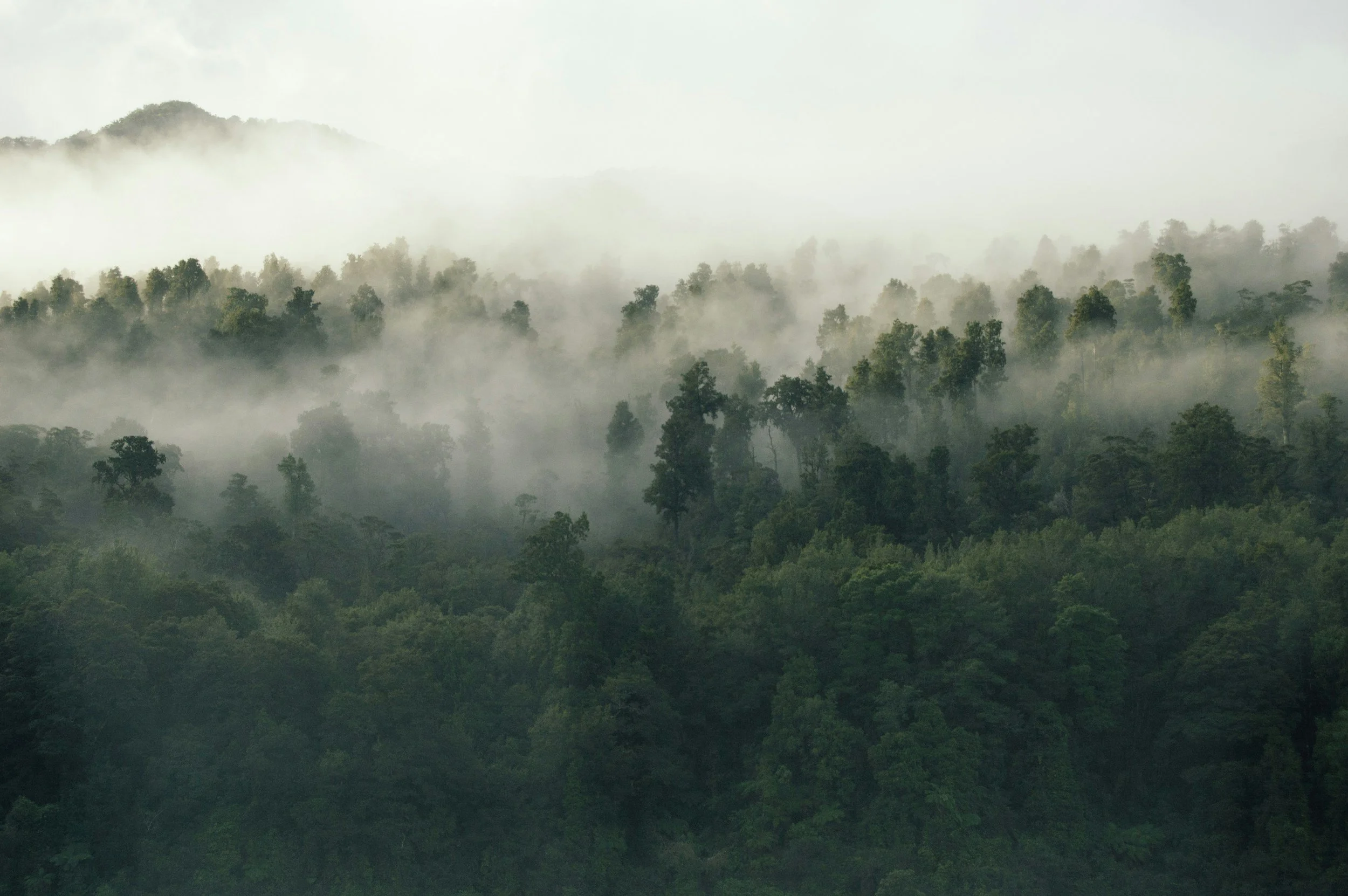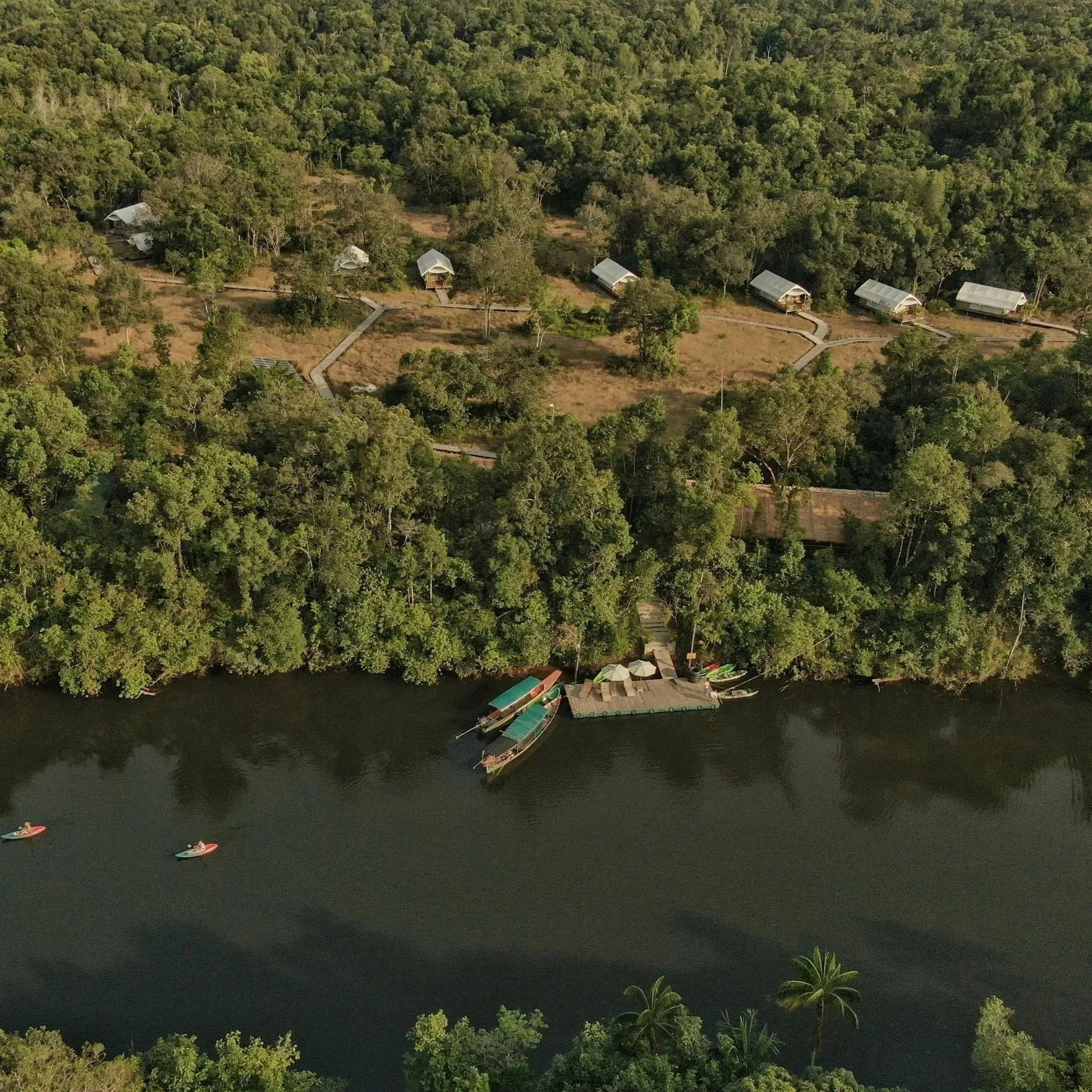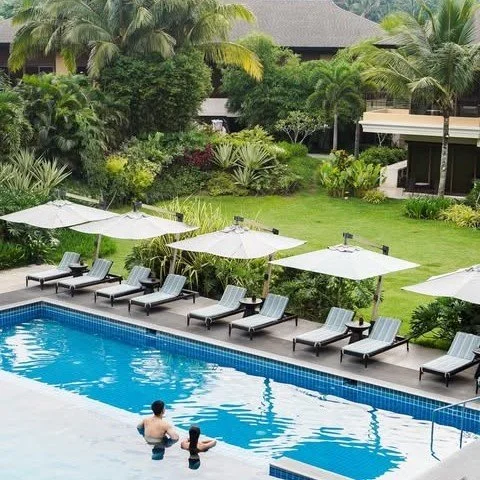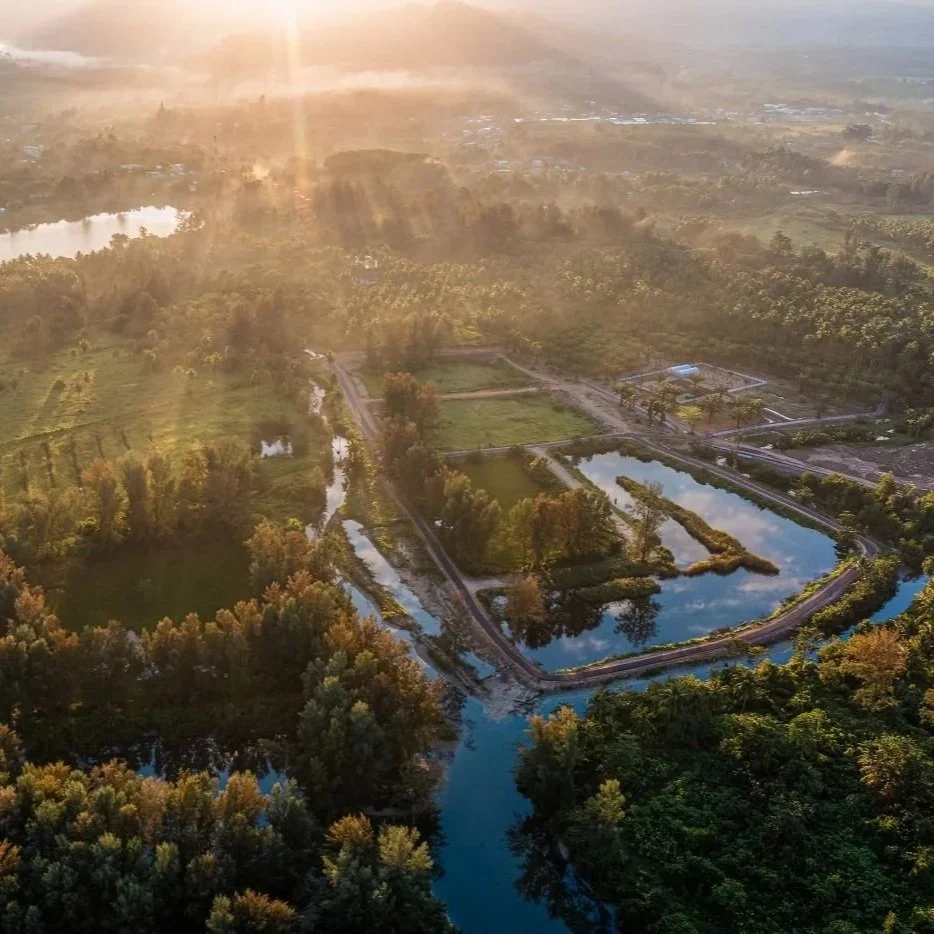
Is Triple Win Possible? Guests Return, People Prosper, Nature Thrives
For decades, tourism has focused for a narrow promise — happy guests and healthy profits — using growth indicators such as visitor arrivals and room occupancy to fuel an industry now worth nearly USD 10 trillion globally, according to the World Travel & Tourism Council.
This formula powered decades of growth across Asia. It created jobs, lifted communities out of poverty, and introduced millions of travelers to the region’s cultures and landscapes. However, this is achieved while externalizing costs that matter most to long-term viability, including biodiversity loss, infrastructure strain, socio-economic equity. It is notable, in many destinations, less than half of tourism revenue remains in local economies, as documented by a Travel Foundation report.
The question facing the industry today is no longer whether tourism needs to change — but how deeply.
That was the central focus of Asia Sustainable Travel’s recent webinar, “Is Triple Win Possible? Guests Return, People Prosper, Nature Thrives.” Bringing together a travel business founder, a conservation practitioner, and a systems designer, the discussion cut through surface-level sustainability claims to examine whether tourism can truly deliver value for guests, people, and nature — at the same time, and over the long term.
The answer from the webinar was neither idealistic nor dismissive. Triple-win outcomes are possible — but only if tourism stops treating sustainability as an add-on, and starts redesigning how value is created, measured, and shared.
This webinar also made clear that incremental fixes are no longer enough. What’s required is a structural reset.
The Hidden ROI of Community Investment: What Hoteliers Are Overlooking
If your hotel’s strategy still focuses only on room rates and marketing, you’re overlooking your strongest asset: your local community.
For hoteliers in Asia, where culture and community are deeply connected, collaborating with local communities builds loyalty, reduces risk, and delivers benefits beyond financial metrics.
This article reveals the hidden ROI and strategies to make community engagement a smart business move.
Can Tourism Regenerate Oceans? Why Community Ownership,Not Just Participation, is the Answer
Discover how Donsol in the Philippines transformed from a quiet fishing town into a global ecotourism success through community-driven marine preservation. Learn actionable strategies for integrating the Blue Economy into your business, from empowering local stakeholders to adopting science-based mangrove restoration. This article highlights lessons from the Environmental Planning Conference and the groundbreaking whale shark ecotourism model.
The Business of Balance: Can Asia’s Wellness Boom Stay True to Its Soul?
Wellness, across Asia, is never a passing trend. Wellness practices are an inheritance, passed down through generations, woven into dawn rituals, temple offerings, forest walks, and herbal teas brewed by hand.
Long before “detox retreats” appeared on luxury itineraries, Ayurveda mapped the human body as a universe of balance, Thai massage offered preventive and rehabilitative benefits to the human body, and Zen Buddhism guided the Japanese to find serenity in simplicity.
But in the last two decades, the continent that originated many holistic healings has become the world’s largest wellness marketplace. Asia-Pacific’s wellness tourism sector is projected to reach US $290.4 billion by 2030 — a surge driven by rising incomes, digital fatigue, and the modern epidemic of burnout.
The paradox is stark: while wellness has never been more in demand, it is also facing the greatest risk of losing its essence.
Are Your Sustainability Efforts Meaningful—or Just Measurable?
Hospitality can thrive when profit and purpose align across six stakeholders. This recap of the AST Forum for Next-Gen Leaders shows how Meaningful Tourism turns intent into measurable impact using SMART KPIs, practical pilots, and effective governance. For hotel and travel leaders, it serves as a concise playbook for creating lasting value and proving your sustainability efforts are meaningful, not just another report.
Why Does Sustainability Integration Still Feel So Difficult for Hospitality Brands? It Shouldn’t.
Sustainability has become the top achievement symbol in Asia’s hospitality industry. From boutique retreats to global chains, every brand now wants to speak the language of circularity, carbon neutrality, and local sourcing.
However, beneath the glossy websites and bamboo straws lies a persistent paradox: for most hotels, embedding sustainability still feels complex, costly, and out of reach.
It isn’t a question of not knowing the challenge or the opportunity.
Hoteliers and tourism professionals know that today’s travelers, especially Gen Z and Millennials, are willing to pay a premium for brands that reflect their values.
But translating that awareness into measurable, profitable change requires three things: capital, credibility, and capability.
Turning the Tide: Innovative Solutions to Asia’s Water Challenges in Hospitality
For your property, water is the silent partner in delivering exceptional guest experiences—filling your pools, powering your kitchens, and providing guests with comfort. Yet this vital resource faces a mounting set of challenges, from environmental scarcity and rising operational costs to evolving guest expectations. In this article, you’ll not only uncover these urgent issues but also discover case studies and targeted, actionable strategies to help you take control of water management, boost sustainability, and future-proof your operations.
How Hotels Turn Sustainable Food Sourcing into A Brand Advantage
Global Hotels in Asia Put Responsible Food Sourcing on the Menu
JW Marriott Khao Lak Resort’s response to addressing food-related emissions and also providing healthy food has been to rebuild its food system from the ground up.
In April 2024, the resort launched the 27-acre JW Garden, perhaps one of the largest resort farms in Asia Pacific. The project was born from a simple question: What if a resort could grow food to cut imports, slash waste, and enrich its ecosystem, and at the same time create a richer experience for its guests?
How These Hotels Turn Urban Sustainability Challenges Into Scalable Impact
From Bangkok to Singapore, designing and operating a sustainable hotel in a city means contending with limited footprints, ever-shifting policies, and relentless pressure on space and resources. Achieving meaningful impact in these compact city centers requires more than good intentions. It demands innovation, discipline, and long-term thinking.
And yet, it is precisely in these high-pressure environments that innovation flourishes.
As population centers and global travel gateways, cities offer hospitality brands not only their toughest test but their clearest opportunity to lead.
In this article, we spotlight three hotels, Pan Pacific Singapore, Grand Hyatt Singapore, and Kimpton Maa-Lai Bangkok that have risen to the challenge. Rather than seeing constraints as deal-breakers, they’ve turned them into design prompts and operational innovations.
Their stories offer valuable lessons in how to embed sustainability into the urban guest experience, not as an add-on, but as a defining feature.
Rewriting the Script: How Vietnam’s Homegrown Hospitality Brands Are Reclaiming Luxury
Type “Vietnamese luxury hospitality” into Google or ChatGPT, and the top results still lean toward international names.
These global names have helped propel Vietnam into one of the most popular travel destinations in the world. Naturally, they also dominate the narrative and expectation of what luxury hospitality should look and feel like in Vietnam.
A quiet shift, however, is underway.
Across the country, a new class of Vietnamese-owned hospitality brands is emerging, not just as operators of world-class resorts, but as cultural authors reclaiming their own space in the narrative. From the reforested valleys of Mai Chau to the artisan islets of Hoi An, properties like Avana Retreat, Namia River Retreat, The Anam, and Ancient Hue are reframing luxury on their own terms: rooted in people, attuned to place, and driven by purpose.
What Makes These Two Businesses Vietnam’s Best-Kept Sustainable Travel Stories?
Only a handful of operators stand out for placing sustainability at the heart of their business. Even fewer succeed in doing so while achieving commercial viability, proving that travel businesses can thrive while centering the triple bottom line of people, planet, and profit.
To uncover what sets these trailblazers apart, AST hit the road with Chôm Chôm Travel and Oxalis, two of Vietnam’s leading adventure travel companies. What we found were not just tours, but transformative journeys that are rooted in community upliftment, ecological awareness, and a deep respect for place.
Bridging the Sustainability Say-Do Gap in APAC Travel: What Booking.com and Traveloka Reports Reveal
For years, sustainable travel was viewed as a niche, embraced by a small group of eco-conscious consumers and a limited number of businesses offering organic menus, off-grid wellness retreats, and carbon offsets.
But in 2025, the narrative has changed. Sustainability is no longer a fringe concern; it’s a mainstream expectation.
According to Booking.com’s latest global survey, 84% of travelers now consider sustainability important. Homegrown Asian OTA Traveloka echoes this shift: 80% of APAC travelers say they are open to choosing sustainable options, provided they are available and affordable.

Become an AST member to unlock playbooks & connections to future proof your business. Join today.
Work with us
Ready to take your business to the next level — with purpose?
Take a look at our Media Kit.
From B2B content development, such as impact reports and newsletters, to speaking engagements and business match-matching, we offer a full suite of services designed to grow your business and drive enduring impact.
And we don’t stop there. 5% of all revenue goes directly to traceable social and environmental initiatives across Asia.













